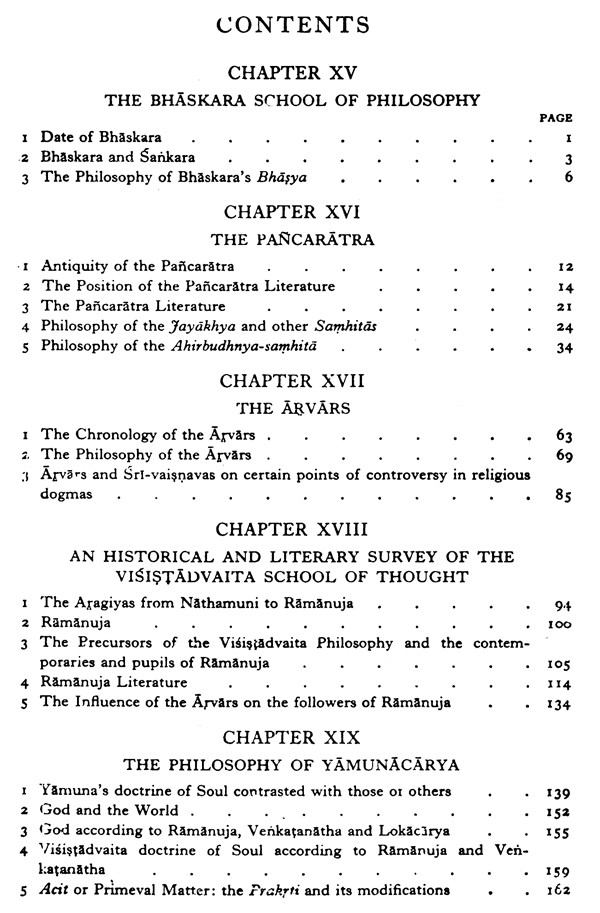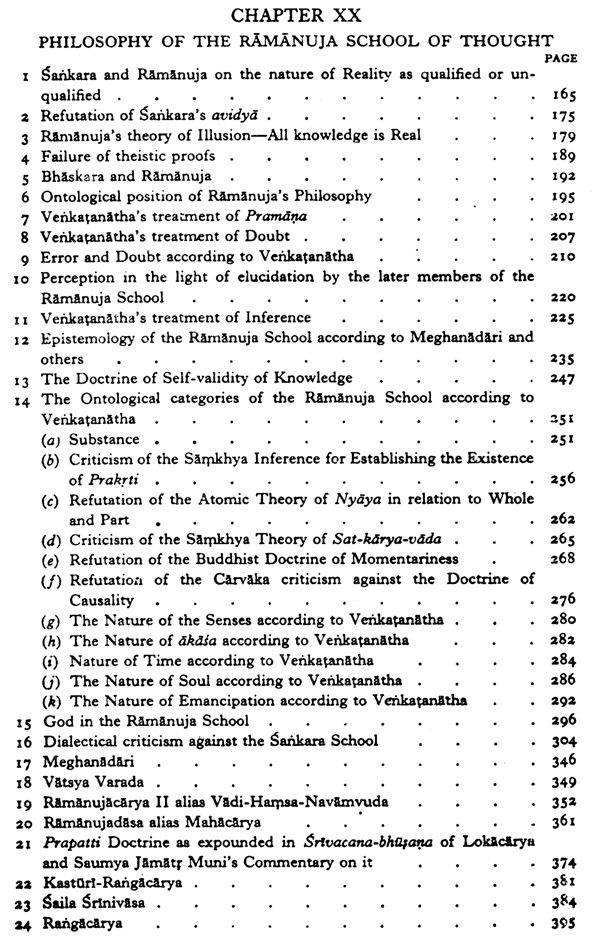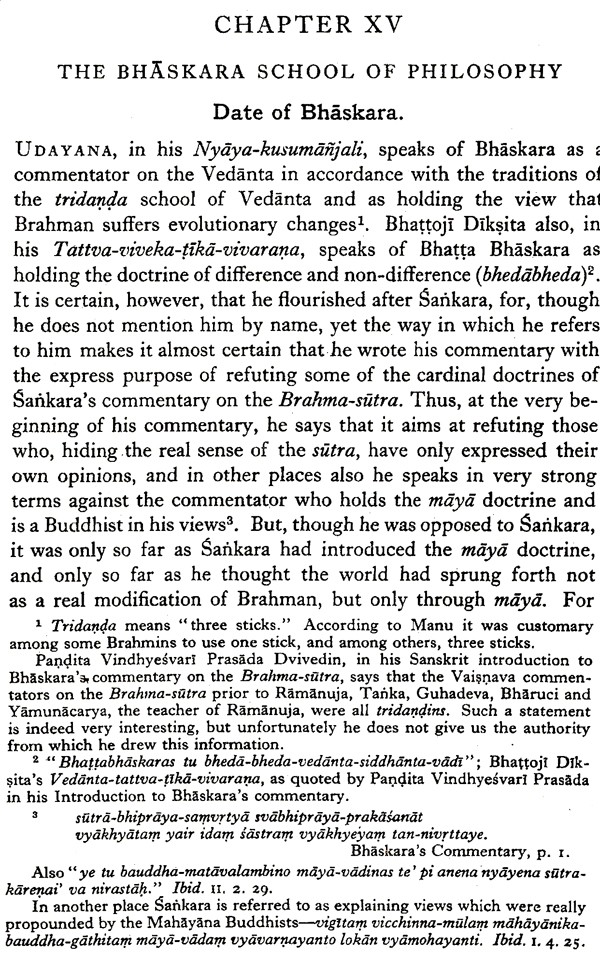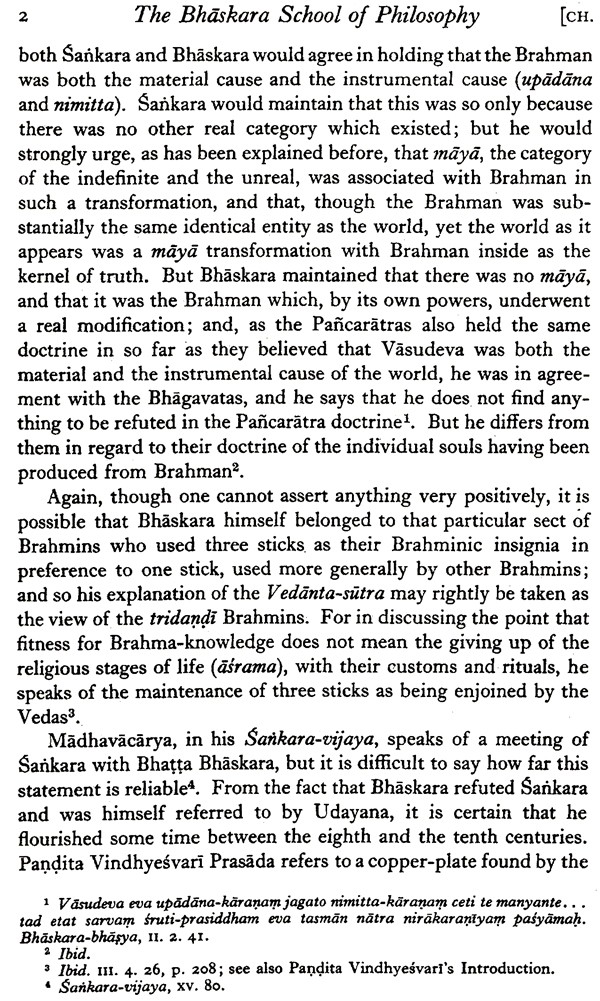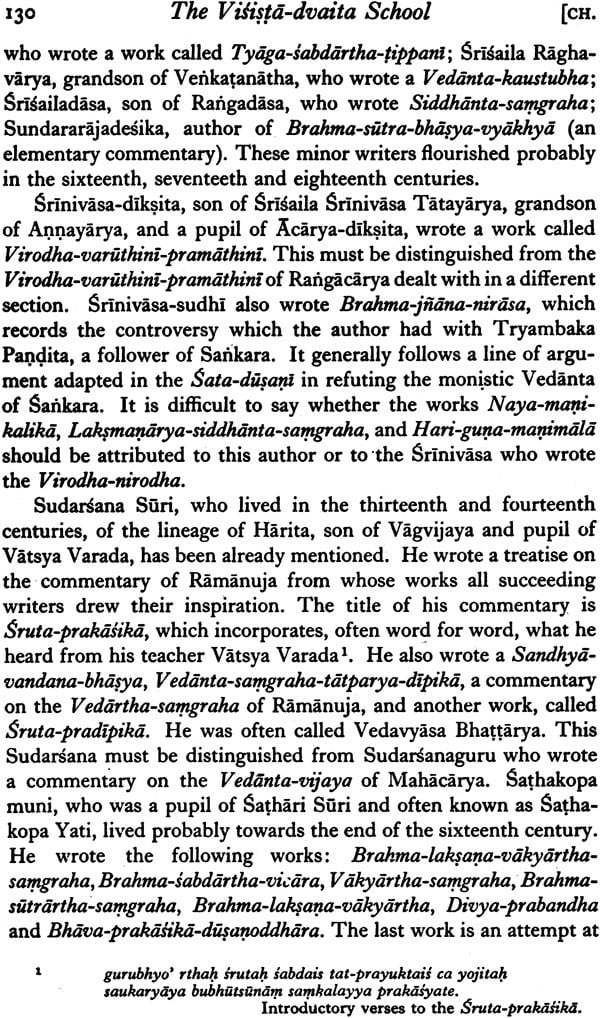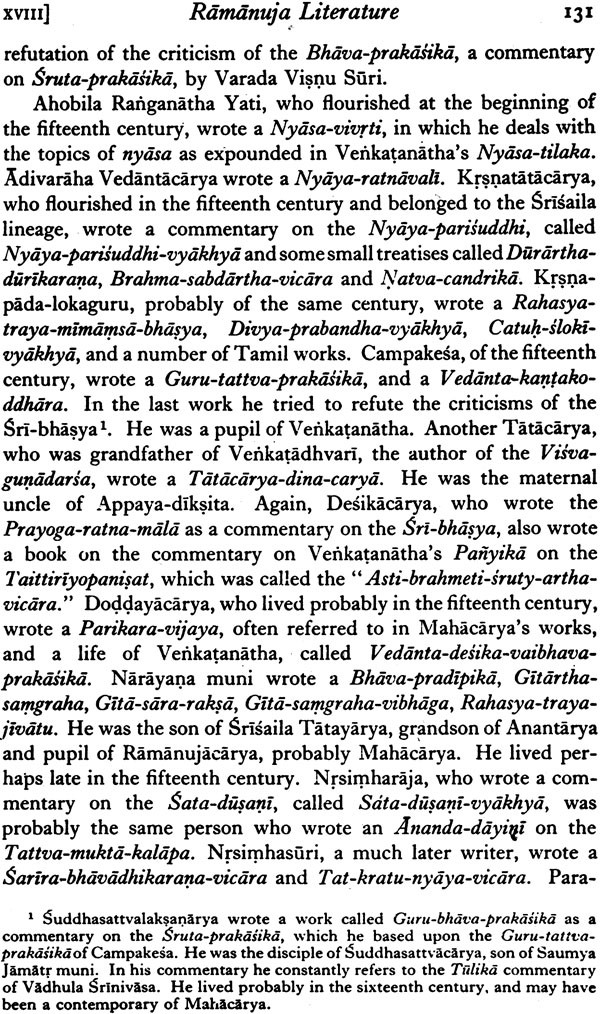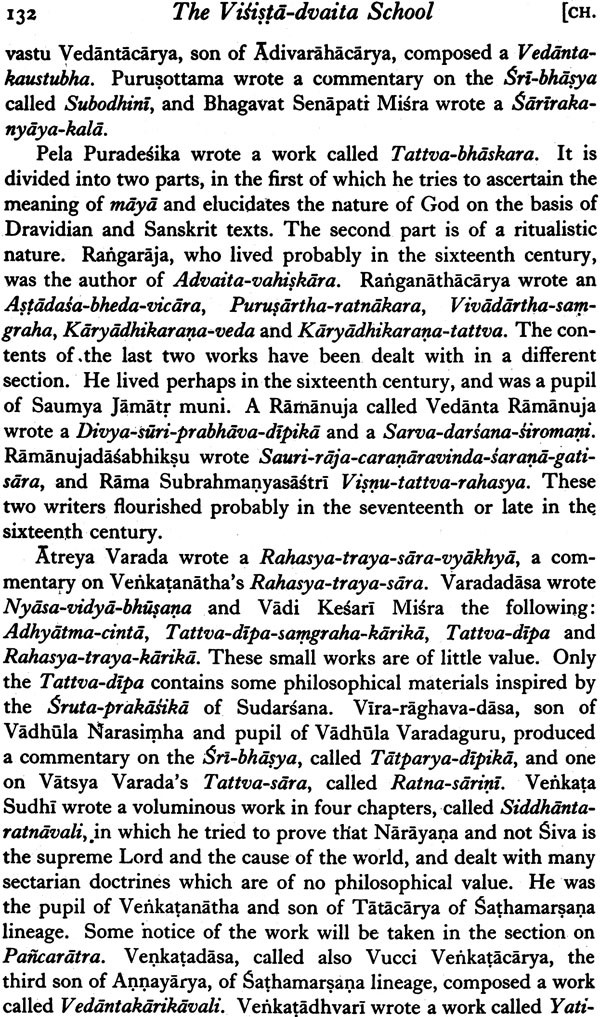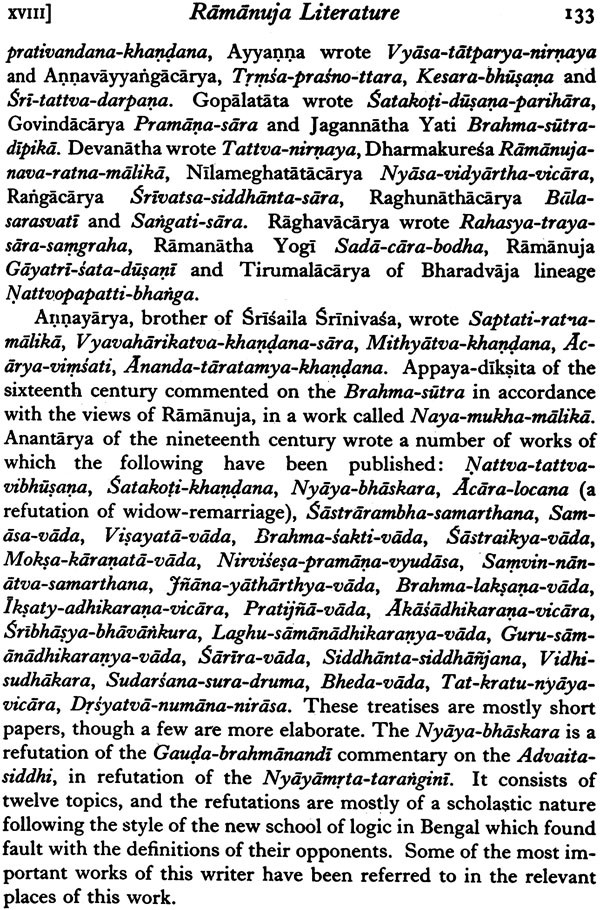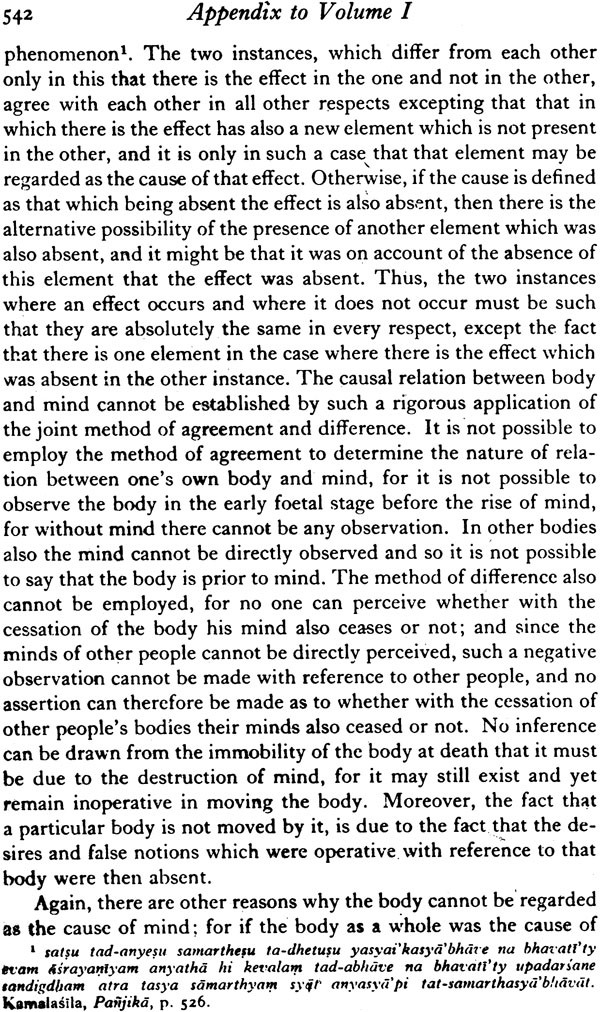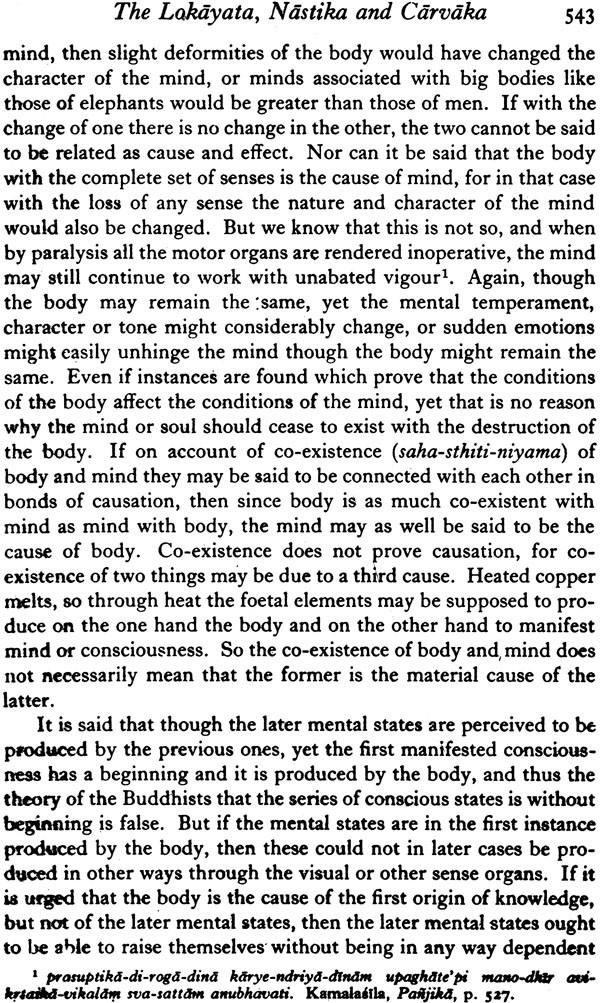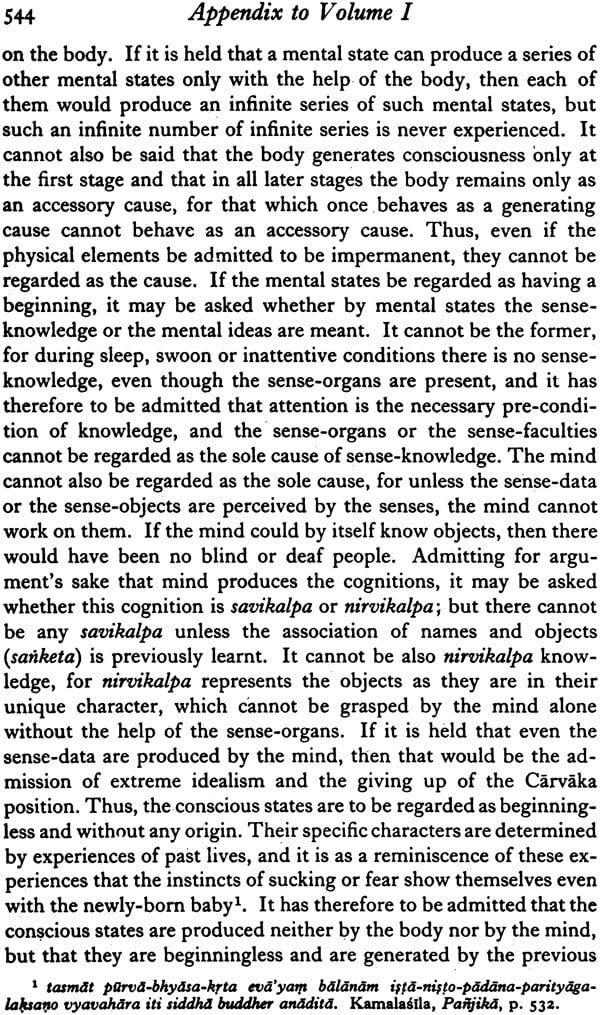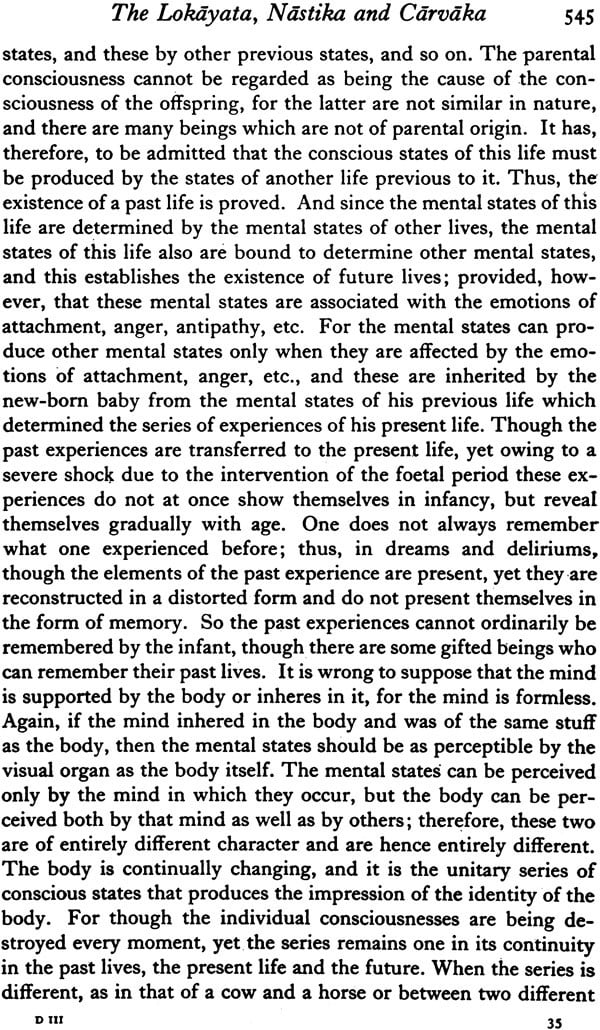
A History of Indian Philosophy - Principal Dualistic and Pluralistic Systems (Volume-3)
Book Specification
| Item Code: | UAC658 |
| Author: | Surendranath Dasgupta |
| Publisher: | Manohar Publishers and Distributors |
| Language: | English |
| Edition: | 2021 |
| ISBN: | 9789390729951 |
| Pages: | 615 |
| Cover: | PAPERBACK |
| Other Details | 8.50X5.50 inch Depth |
| Weight | 710 gm |
Book Description
The second volume of this work was published as long ago as 1932. Among the many reasons which delayed the publication of this volume, one must count the excessive administrative and teaching work with which the writer is saddled; his continued illness; the regrettable failure of one eye through strenuous work, which often makes him depend on the assistance of others; and the long distance between the place of publication and Calcutta. The manuscript of the fourth volume is happily ready.
In writing the present volume the author has taken great trouble to secure manuscripts which would present a connected account of the development of theistic philosophy in the South. The texts that have been published are but few in number and the entire story cannot be told without constant reference to rare manuscripts from which alone the data can be collected. So far, no work has been written which could throw any light on the discovery and interpretation of a connected history of Vaisnava thought. It would have been well if the Tamil and Telegu works could have been fruitfully utilized in tracing the history of Vaiṣṇavism, not only as it appeared in Sanskrit but also as it appeared in the vernaculars of the South. But the author limited himself as far as possible to Sanskrit data. This limitation was necessary for three reasons: first, the author was not master of the various vernaculars of South India; secondly, the inclusion and utilization of such data would have made the present book greatly exceed its intended scope; and thirdly, the inclusion of the data from the vernacular literature would not have contributed materially to the philosophical problems underlying the theistic speculations dealt with in this work. Looked at from the strictly philosophical point of view, some of the materials of the present book may be regarded as somewhat out of place. But, both in the present volume and the volume that will follow it, it will be impossible to ignore the religious pathology that is associated with the devotional philosophy which is so predominant in the South and which so much influenced the minds of the people not only in the Middle Ages but also in the recent past and is even now the most important element of Indian religions.
**Contents and Sample Pages**
